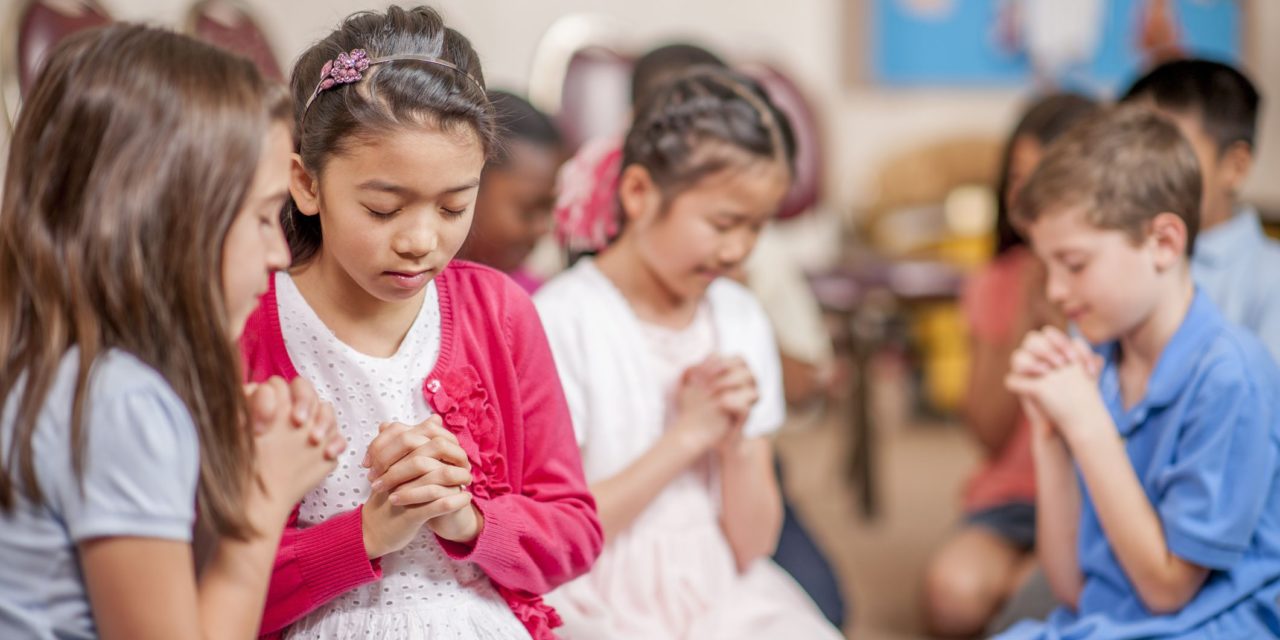Kids know things. Everything they see, hear and feel sticks in their minds. They eventually reveal what they learned in the form of a first word, a first step, the first time they say, “No!”
Since we can’t tell what our children will store in their brains, it is important to be careful about how we act in front of them. For Christian parents, this means exhibiting love from the day they come home. Stop yelling at the television, using colorful language, and never hit or argue in front of the kids.
So, teaching kids how to be a good Christian starts immediately. Except that wasn’t the question, was it? When should you start teaching kids about religion? That’s very different.
First, we must remember that Christianity is not the only religion. As hard as we try to shield our offspring, eventually they will be exposed to different views. For that matter, even within the Christian community, our kids will be exposed to different views.
Still, it is best to start with what we know. Christian parents are usually more comfortable teaching about their own faith. We can say a short prayer before meals and bedtime or buy a children’s Bible and read stories to the little ones. Bring them to Christian events like services and Christmas pageants.
But… When should we teach our kids about religion? Everything mentioned so far is important. Your early actions are aimed at helping the process of formal teaching.
A formal introduction to Christianity and the Bible should start with their other formal education. Children become savvy learners at a young age. That is why professional educators recommend starting school when they do.
Core educational standards introduce cultures and religions in first grade. There are no doctrinal lessons, but story characters may have different belief systems and children will learn to recognize symbols of the major religions.
Don’t panic! At that point, you should only be explaining what you practice. You do not need to introduce every rule, Bible verse, or tradition. But you should make events and services learning experiences.
By the time a child is 8-10 years old, they might start asking questions about other religions, especially if friends or classmates follow different denominations or faiths. Issues in the news can also prompt questions.
The correct response to those questions is never, “They believe something that is wrong.” That sets the child up for conflict and does not answer his question, forcing him to seek a response elsewhere.
If you do not know much about what your child is asking, Google it together. Be strong enough in your own faith to present the views of others. Make note of similarities between faiths. Be ready to explain why when followers of Jesus have a different view, reason, or tradition.
It is usually too late to introduce religion when the child is in his teens. By then, kids have formed solid opinions based on childhood experiences and your example. No matter how close you are with your teenaged child, friends and society have a bigger influence on life’s important matters, including religion.
That is why it is important to start early and be a good example in early and mid-childhood. A strong early foundation might not prevent an adolescent or young adult from exploring or wandering away from the faith for a while. But it increases the chances of a safe return exponentially.






